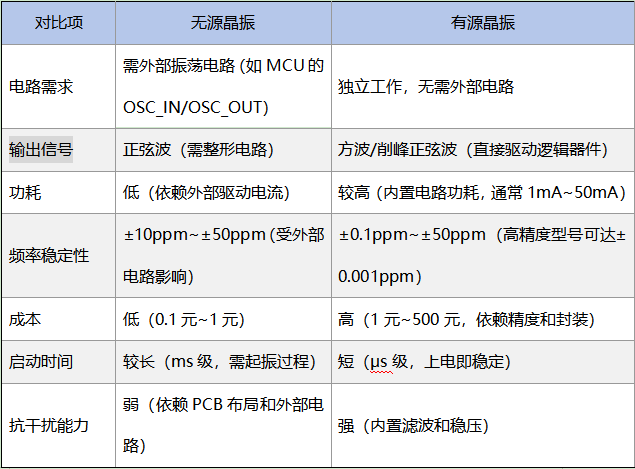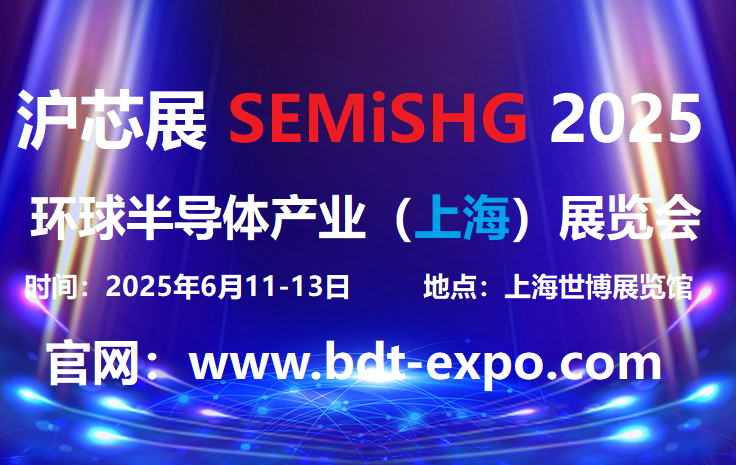OPTIMESS激光传感器在厚度测量中的应用
Research & development
For thickness measurement, OPTIMESS laser triangulation sensors, OPTISCAN laser triangulation scanners or light section sensors and OPTIMESS shadow measuring systems are used. The advantages of the laser measuring technique in the field of thickness measurement are:
--no material contact
--Independent of the colour of the material by control of the laser power
--independent of the composition of the material
--high local resolution due to small measuring spot
--high measuring frequency (up to 50 kHz)
--great distance from material possible In measurements on hot surfaces possible
研究和发展
对厚度测量,可采用OPTIMESS激光三角测量仪、OPTISCAN激光三角扫描仪或光切传感仪和OPTIMESS影子测量系统,这些厚度测量技术主要优势体现如下:
--非接触测量
--可控制激光功率,测量不受材料颜色影响,
--不受材料成分影响
--小光斑、高分辨率
--高速测量,频率达50KHz
--对热表面材料,可以远距离测量
Thickness measurement (single and multi-track)
The thickness measurement is performed directly at the point where the laser beam hits the object in the case of stationary objects and along the line which the laser point projects onto the material in the case of measuring objects passing by underneath the sensor. The measurement can be made as a reference measurement with one sensor or As a thickness measurement with two sensors per measuring track. C-brackets, 0-frames or complete measuring modules with automatic calibration and their own drive belts are available as measuring frames.
厚度测量(单轨和多轨)
厚度测量通过激光光束直达被测对象表面,并在线检测在激光传感器下运行的被测对象。单传感器可参考测量厚度,双传感器可实单轨、C拱、O帧或完全测量模式,测量架可自动校准并且自行驱动传送带。
Linear thickness measurement (scanning or traversing)
This thickness measurement takes place with OPTISCAN laser scanners or light-section sensors or over greater widths with a traversing mechanism and two punctiform OPTIMESS laser sensors. The lateral position is picked up as an additional value apart from the distance information by the laser scanners so that the thickness or the thickness profile along the scanned line is recorded. Over smaller widths the laser scanners or light-section sensors offer the advantage that no additionally moved parts are necessary and scanning frequencies of about 20 Hz are possible. On the other hand, the traversing mechanics, designed as a C-frame, offer the possibility of reaching measuring widths up to 5 metres.
在线厚度测量(扫描和方向机)
厚度测量可以采用OPTISCAN激光扫描仪、光切传接器、或者带双OPTIMESS激光传感器方向机的超宽测量。激光扫描仪在线记录侧面位置和厚度状态。
窄物体测量,激光扫描仪或光切传感器无不需运动器件,扫描频率达20Hz.
另外,设计为C架式的方向机,测量宽度高达5米。
Thickness measurement according to the shadow principle
In the shadow principle with OPTILINE sensors a laser line of parallel light is generated and projected on a CCD line opposite. When a material Is Inserted In the measuring gap this leads to a partial shadowing of the laser line on the detector. For thickness measurement it is necessary for the material to be measured to be deflected by a roller. The difference between the roller (zero) and the material surface picked up by the shadow measurement system is the material thickness.
影子原理厚度测量
根据影子原理的OPTILINE激光仪收集平行光并映射到CCD。当被测对象置于测量间隙,检测激光阴影。厚度测量要测量被测对象在滚筒上编移,以滚筒为零点,测量滚筒阴影与被测物阴影差为被测物的厚度。
文章版权归西部工控xbgk所有,未经许可不得转载。
下一篇:仓库订单拣选应用













 服务咨询
服务咨询